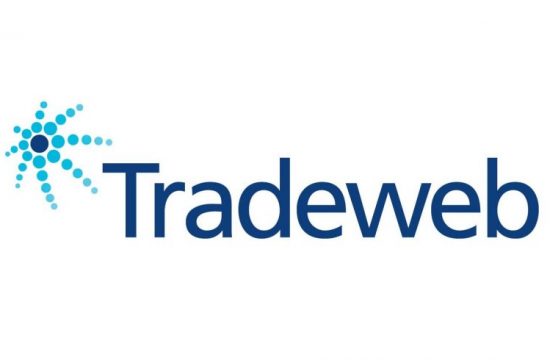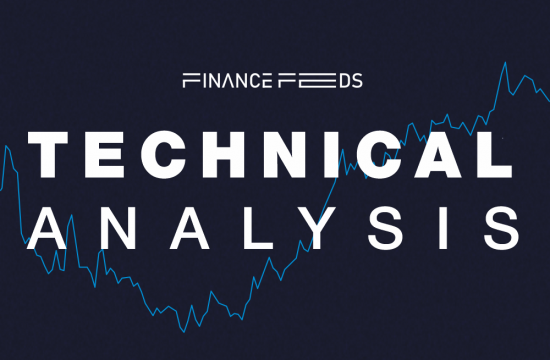With over two decades of experience working on listed derivative desks for an array of banks and brokerages, Rex Johnson moved into the retail CFD market a little over two years ago. This “gamekeeper turned poacher” move has given Rex an unparalleled level of insight into how the retail market needs to up its game if it wants to retain relevance over the next decade. As on-exchange products become more accessible and decentralised finance opens the door to even more trading opportunities, this is no time for the retail market to be resting on its laurels, despite the evident temptation to do so in the wake of those record trading volumes which emerged off the back of lockdowns.

Rex offers his thoughts on the key risks facing the industry as 2022 gets underway.
Marketing – The marketing of retail exchange traded derivatives (ETD) remains lacking and will hamper growth in the industry – there’s a gap that needs to be filled by quality staff who currently appear in short supply. Since interviewing for content writers and a head of ETD marketing I was unable to find one candidate who would tick all the boxes with either industry or product knowledge missing. Whilst I did find a couple of good candidates who would fit the marketing element of the role they would need to gain industry experience and product knowledge. The industry needs to acknowledge the shortage of quality staff here and budget accordingly if they want to recruit the best.
(Badly) informed traders – I was constantly surprised at how poorly informed a CFD trader was about his trading venue of choice. Whilst they would question the cost of trading derivatives on exchange and ask why they had to pay for a trading platform, market data fees, exchange fees etc, they would never question how it was possible they could trade CFDs with no fees or wonder how their broker was getting any benefit. We all know there’s no such thing as a free lunch and although some serious retail traders are now getting wise to the benefits of trading on regulated exchanges as barriers to entry fall, so far this is still a small cohort. As this evolution continues, the OTC providers need to be mindful of the threat posed.
FinanceFeeds webinar: Expert panel to discuss market data for multi-asset brokerages
The risk of M&A – The exchange landscape is already evolving and more of this will be seen over the next five years or so, driven by acquisitions or mergers with some of the booming Crypto Exchanges. The launch of cryptocurrencies and the ability for Retail clients to gain direct access to an Exchange thereby cutting out the middle man has shown just how powerful retail money really is, so legacy providers need evolve and expand their product offering to stay relevant.
We then asked Rex for his views on how the industry could try and leverage the dramatic growth seen in 2020, what that means for financial performance in the last year and what 2022 might hold.
Lockdown did indeed serve up a great bonus for the vast majority of brokers and whilst momentum hasn’t been sustained in 2021 – with economies reopening, the reality is people have other options when it comes to how they deploy their time and capital – it’s important to ensure we look beyond just FX here. A slew of free and low-cost trading platforms covering many asset classes continue to grow market share, both amongst mainstream traders or investors as well as the meme-stock cohort. There’s also ongoing interest in digital assets and the inherent volatility associated with these instruments again continues to appeal. Clients are increasingly chasing returns without obsessing over the instruments they are using to achieve this ambition.
2020 will arguably go down as a vintage year for many online brokers, but those who are embracing the emerging trends and providing the products their new clients are engaged with can continue to ride the wave here. The trick going forward will be ensuring that brokers remain abreast of changing demands, so top of the agenda right now are things like NTFs and the Metaverse. This does however pave the way for further convergence with the crypto-centric platforms who have arguably won out over more traditional competitors in 2021.
This entire industry is one that has always seen continuous evolution as it leverages market opportunity, caters to changing client demands and also accounts for regulatory hurdles. However the rise of digital assets and broader adoption of ‘trading’ at the retail level poses some very real threats for a sector that must remain agile if it wants to maintain relevance.
Rex Johnson has worked in institutional derivative sales for a number of well-known brokerages including Dresdner Kleinwort Wasserstein, SEB and INTL FCStone, and is an Associate of the Chartered Securities Institute. More recently, Rex spent two years as Head of Derivative Sales and trading at Tickmill and also sits as a non-exec advisor for DeFi provider Aurus Technologies.













